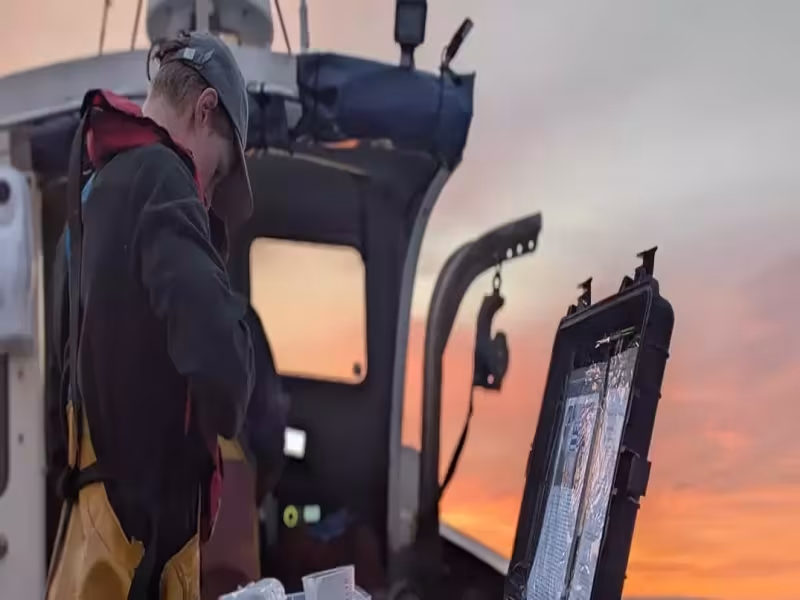
SHERIDAN, WYOMING – June 19, 2025 – Nestlé is making waves in the world of sustainable food with new research collaborations that explore innovative aquaculture practices designed to support both the planet and future generations.
Through partnerships in New Zealand and the United Kingdom, the Nestlé Institute of Agricultural Sciences is studying how marine production systems—particularly integrated multi-trophic aquaculture—can contribute to cleaner oceans, healthier ecosystems, and more sustainable food production.
A Regenerative Marine Approach With Big Potential
Aquaculture offers more than just seafood. When multiple aquatic species are farmed together across the food chain, the waste of one can nourish another—a natural cycle that enhances water quality, promotes biodiversity, and creates income opportunities for local communities.
According to Nestlé, “Aquaculture has the potential to improve the sustainability of our food systems, from low-carbon ingredients in foods to algal bioplastics for packaging. One approach involves farming different aquatic species from various levels of the food chain together. Known as integrated multi-trophic aquaculture, it can enable the waste from one species to serve as food for another – a natural recycling process that helps to maintain water quality. This species diversification can also help to improve biodiversity and income stability for farmers.”
Science-Driven Collaborations in New Zealand and the UK
In New Zealand, Nestlé is working with the Cawthron Institute, the country’s largest independent science organization, to explore the interactions between seaweed and shellfish species. The project is backed by marine science experts and PhD research, all focused on finding the most productive species combinations and ideal ocean conditions.
“In New Zealand, Nestlé is partnering with the Cawthron Institute, the country's largest independent science organization, to study the interactions between different species of seaweed and shellfish. Supported by the Cawthron Institute's marine science and aquaculture expertise, as well as local PhD research, this work will help scientists to better understand the best mix of species and ocean conditions to optimize productivity and environmental benefits.”
In the United Kingdom, Nestlé is partnering with start-up Algapelago to research offshore aquaculture systems near Devon. This farm features mussels and seaweed grown together in open waters, where researchers apply advanced monitoring tools alongside field data to examine biodiversity, productivity, and overall environmental impact.
“In parallel, Nestlé is conducting research on offshore conditions at an existing aquaculture farm with the start-up Algapelago in the United Kingdom. The farm, located off the north coast of Devon, features seaweed and mussels growing together. Scientists use a combination of state-of-the-art monitoring technology and field data collection to evaluate biodiversity, water quality, environmental conditions and productivity. In partnership with the University of Portsmouth, this research also benefits from the expertise of local marine scientists and PhD research.”
Research Aimed at Real Climate Solutions
These forward-looking initiatives are part of Nestlé’s broader strategy to reduce its environmental footprint and support food systems that respect natural ecosystems.
“Jeroen Dijkman, Head of the Nestlé Institute of Agricultural Sciences: ‘This collaborative research will provide new, science-based insights on the contribution that integrated multi-trophic aquaculture can make towards sustainable food production while optimizing marine ecosystem restoration and carbon sequestration.’”
Nestlé’s marine work is not limited to Europe and Oceania. In 2023, the company launched a similar research agreement in Latin America.
“Nestlé is continuously exploring innovative, science-based solutions to help advance towards more sustainable food systems. In 2023, the company signed a research agreement with the Pontificia Universidad Católica de Chile (UC Chile) focusing on the potential of marine plants and other alternative vegetable protein sources in Latin America.”
Learn more at www.nestle.com